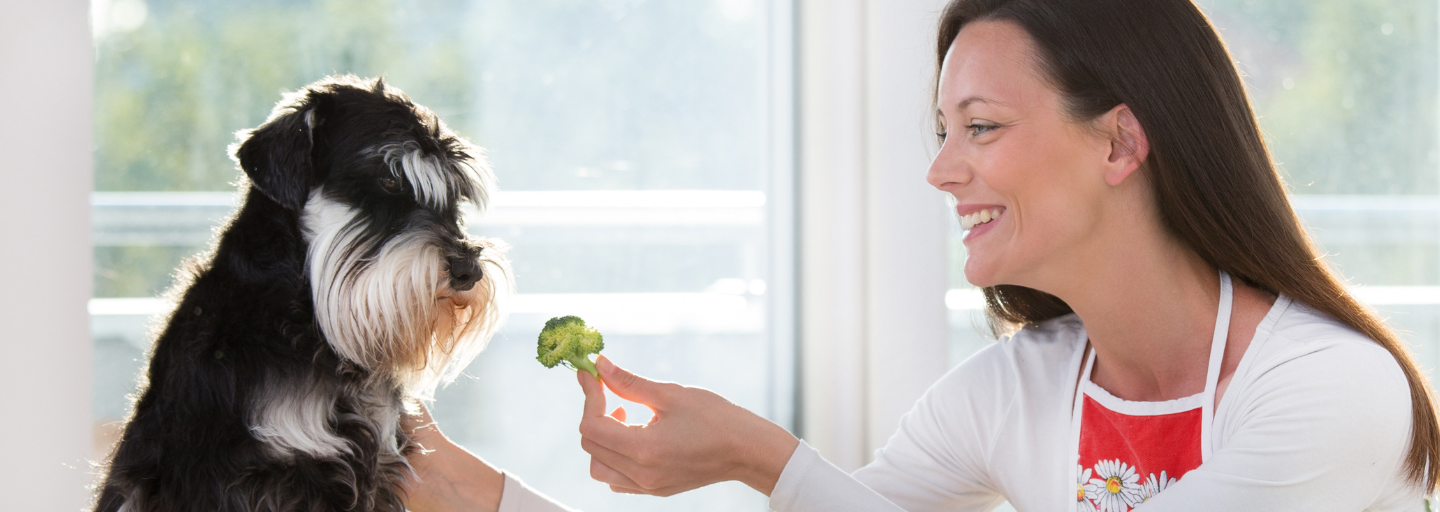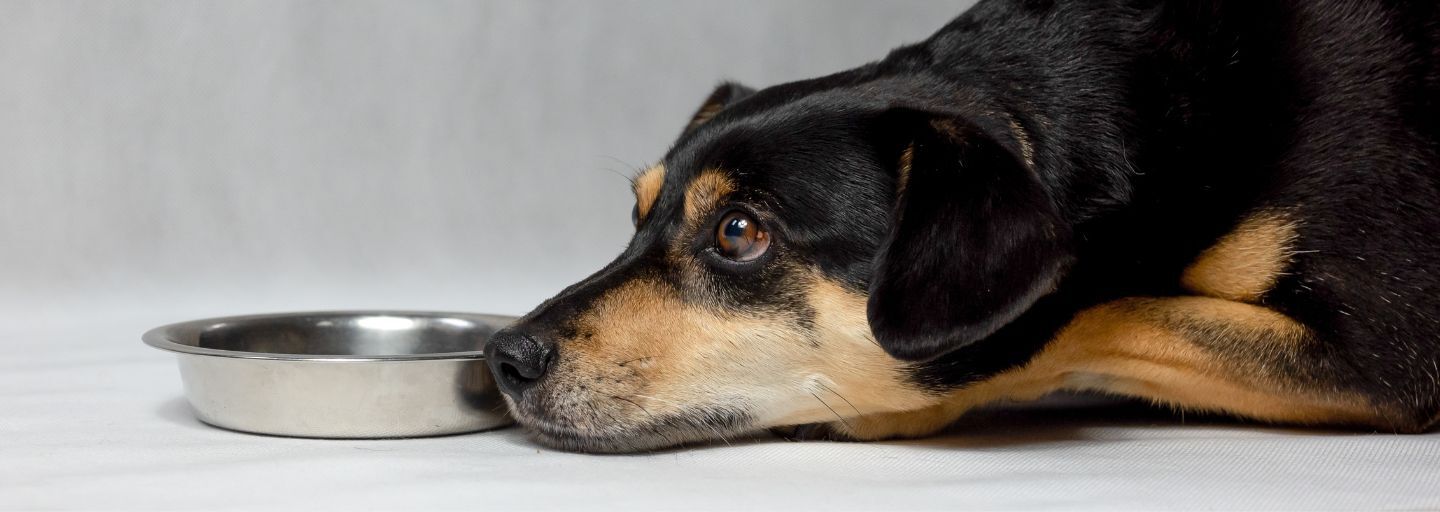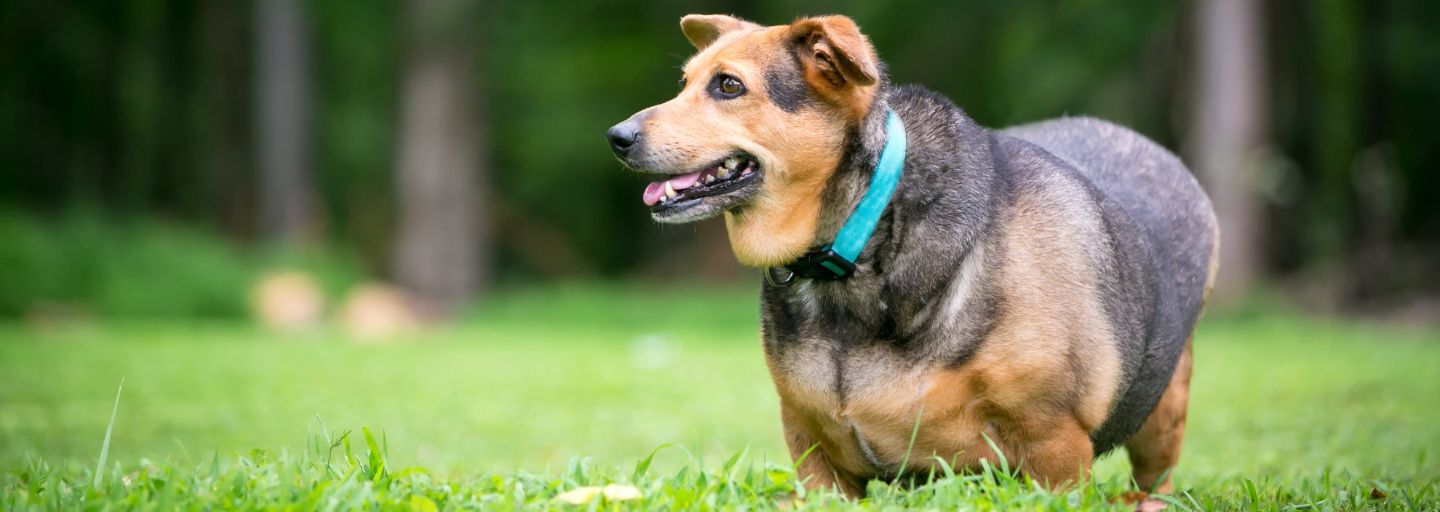When it comes to sharing human food with your dog, it's important to know which fruits and vegetables are safe for them to eat. While dogs don't necessarily need fruit and vegetables in their diet, they can be given as a treat or snack in moderation. Here's a breakdown of what fruits and vegetables dogs can and can't eat:
Fruits Dogs Can Eat
- Apples: Okay to eat but remove seeds and core before giving to your dog, so they don’t choke
- Bananas: Offer in moderation due to high sugar content.
- Blueberries: Rich in antioxidants and fibre.
- Cranberries: Feed in small quantities to avoid upset stomach.
- Cucumbers: Low in carbohydrates and fat, hydrating, and full of vitamins.
- Mangoes: Remove pit and feed in moderation due to high sugar content.
- Oranges: Offer only the flesh, without seeds or peel.
- Peaches: Remove pit and feed in moderation due to high sugar content.
- Pears: Remove pit and seeds before feeding.
- Pineapple: Remove peel and feed in moderation due to high sugar content.
- Pumpkin: Relieves diarrhea and constipation in dogs.
- Raspberries: Feed in moderation due to small amounts of xylitol.
- Strawberries: Offer in moderation due to natural sugar content.
- Watermelon: Remove rind and seeds before feeding.
Fruits Dogs Should Avoid
- Avocado: Contains persin, a toxin that can cause vomiting and diarrhea.
- Cherries: Except for the fleshy fruit around the seed, cherry plants are toxic to dogs.
- Grapes: Can lead to acute kidney failure, so avoid entirely.
- Tomatoes: Green parts of the plant contain solanine, a toxic substance.
Vegetables Dogs Can Eat
- Broccoli: Serve in small amounts as an occasional treat.
- Brussels Sprouts: Can cause gas, so feed in moderation.
- Carrots: Low-calorie snack that promotes dental health.
- Celery: Contains vitamins and minerals, and freshens breath.
- Green Beans: Full of vitamins, minerals, fiber, and low in calories.
- Peas: Rich in protein and fiber.
Vegetables Dogs Should Avoid
- Asparagus: No nutritional benefit and can be tough to eat.
- Mushrooms: Wild mushrooms can be toxic, while store-bought mushrooms are generally safe.
- Onions: Poisonous and can cause various health issues.
Remember fruits and vegetables should only be given in moderation and consult with your veterinarian if you have any concerns about your dog's diet.



